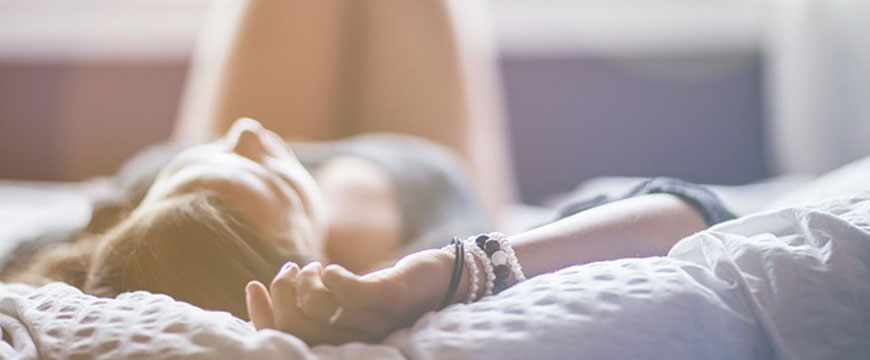How many hours of sleep do you get on a daily basis? Five hours? Seven?
Chances are, it’s not enough. The average adult needs 7.5 to 9 hours of sleep a night to function at his best, and children and teens need even more. Of these people, a surprisingly large number are chronically sleep deprived. The solution, according to an Oxford University academic, is to start school or work later in the day.
According to sleep expert Paul Kelley, younger children wake up early naturally, so children under the age of 10 should start school at 8:30 AM. But 16-year-olds should start no later than 10:00 AM, and 18-year-olds no later than 11:00 AM. This recommended gradual change is due to teenagers requiring more sleep as the body’s internal clock “shifts later, delaying the phase at which sleep can be initiated.”
The average adult needs 7.5 to 9 hours of sleep a night to function at his best, and children and teens need even more.
Kelley goes so far as to say that an earlier start time would lead to sleep deprivation and would be akin to "torture." Research has also indicated that a lack of sleep affects attention and long-term memory and encourages drug and alcohol abuse.
His research applies to adults too. People between the ages of 18 and 55 shouldn’t be starting the workday before 10:00 AM. Any earlier and staff would be inviting a host of mental and physical problems, including anxiety, high blood pressure, and diabetes into their lives. After 55, our natural circadian rhythm settles down and fit into the "nine-to-five lifestyle." According to Kelley, people are unable to "change
24-hour rhythms" and "cannot learn to get up at a certain time." Our bodies are "attuned to sunlight and not conscious of it because it reports to hypothalamus, not sight."
Studies indicate that the hours of bright light emitted from our phones, computers, or other devices take a toll on our sleeping
Time isn’t the only factor, however. Studies indicate that the hours of bright light emitted from our phones, computers, or other devices take a toll on our sleeping hours by preventing our brains from producing melatonin, a chemical that lets us know that it’s time for bed. Kelley notes that avoiding bright screens an hour before going to bed could make a huge difference in the amount of sleep we get.
Adjusting work and school start times could make a significant difference in the lives of employees and of students; it’d maximize output from and improve the health of both parties. Sleep deprivation is a serious epidemic, but with the right measures, can be alleviated. Here are a few things you can do to help yourself sleep better with any sleep schedule:
1. Drink hot tea or milk before bed
2. Put away screens an hour before bed and read a good book
3. Make sure you’re on a comfortable mattress that isn’t keeping you up at night
4. Sweet dreams!
